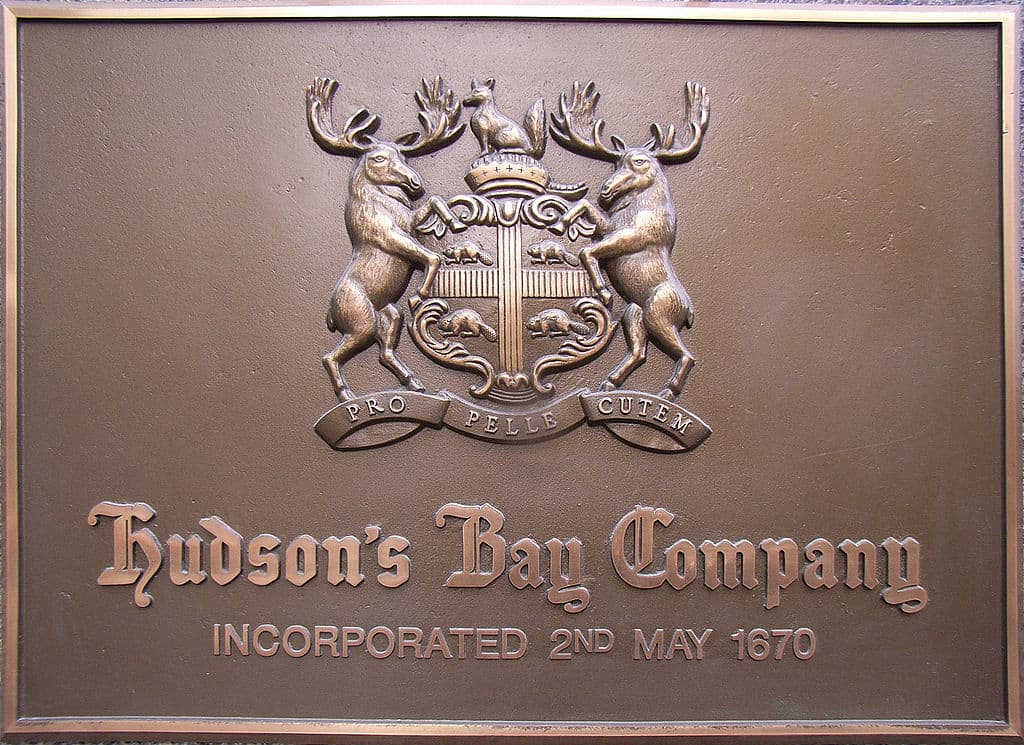Late last week, word got out that merger talks between Hudson’s Bay Co. (TSX:HBC) and Neiman Marcus had stalled, leaving the acquisition-hungry, operationally hobbled retail consolidator with no one to make a deal.
First, it was Macy’s Inc., a target it just couldn’t afford, despite all of its valuable real estate. In the case of Neiman Marcus, it was nothing more than wanting to avoid a massive case of indigestion — Neiman has US$4.9 billion in debt — at a time when its own business in North America is anything but solid.
Hudson’s Bay’s stock price has, up until its June 9 announcement that it was cutting 2,000 jobs in North America, held up nicely, despite both its own business and retail, in general, looking rather tired.
Now trading below $9, its lowest level since becoming a public company in 2012, it seems the operational mess in which the business finds itself is much too time-consuming to give any serious M&A thought to prospective acquisitions.
Running out of options
The one thing that could stoke the company’s stock price — some value its real estate at $30 per share — could be getting less attractive by the day due to its issues at the store level.
“I think there will be more pressure to extract value from the real estate,” Joshua Varghese, a portfolio manager with CI Financial Corp., which owns 4.2% of HBC. “I’m not sure just yet if IPO-ing at this time is the best way to do that.”
The other option is to downsize the company through job cuts. By eliminating 2,000 jobs, HBC expects to save $350 million annually.
That’s a significant amount of money, but some, including Varghese, believe it needs to also close stores. At the moment, HBC says it’s not going to go that far to meet the challenges of a tough retail environment.
Timing is everything
Just as HBC announced the job cuts, Nordstrom, Inc. (NYSE:JWN) was announcing its intentions to explore taking the company private. Nordstrom shareholders liked the idea, boosting its stock price June 9 by more than 5%.
The problem with this kind of move is that it adds a lot of debt at a time when retail isn’t doing well. It’s one thing to leverage a retail business when same-store sales are booming, but when they’re declining, you have less cash flow to pay the interest on that debt.
It’s a big reason why many private equity buyouts put a company in a worse position than where it was before being acquired.
In the case of Nordstrom, the family owns 31% of the company, so it’s already a step ahead in the process. The big thing is it will still need a lot of debt to buy the entire company, whose current enterprise value is US$9.7 billion.
Analysts estimate a $70 purchase price, which would mean paying US$13.7 billion to take it private. The Nordstroms could roll their equity into the deal, but they still need to line up a partner to keep the debt below $10 billion.
Sources suggest the Nordstroms are looking for a partner to inject between US$1-2 billion.
Could Hudson’s Bay be that partner?
If it sells some of its real estate, it might be able to.
In fiscal 2016, Nordstrom had US$1 billion operating income on US$14.9 billion in revenue. Hudson’s Bay had an operating loss of $368 million in Canadian dollars on $14.5 billion in revenue.
So, while it’s nice to speculate about the potential partnership between the two department stores, it’s unlikely given what’s going on at Hudson’s Bay that it’s going to be able to pull a rabbit out of its hat. Not to mention, they’re bitter competitors.
No, I think HBC’s going to have to fix its business before its shopping spree can continue, which means shareholders are going to have to be patient once more.








